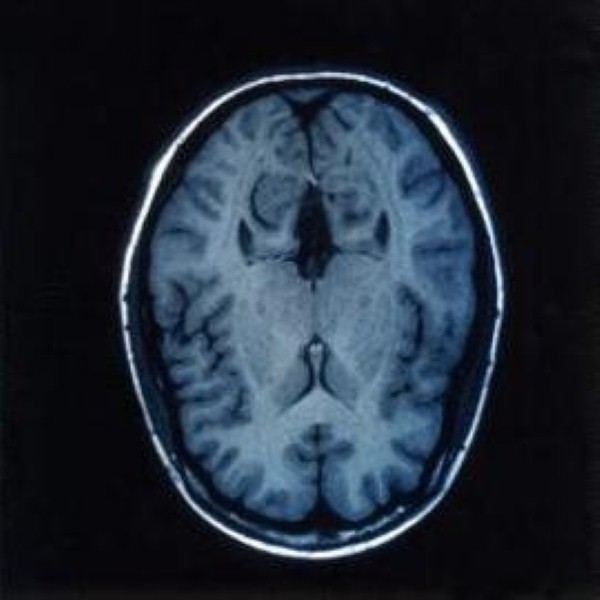Scientists at the University of Berkeley have discovered new evidence which shows how chronic stress can generate long-term changes in the brain and may predispose people to mental problems such as anxiety and mood disorders later in life.
It is hoped the research could help to develop treatments to reduce the risk of developing mental illness following stressful events.
People with stress-related illnesses, such as post-traumatic stress disorder (PTSD), are known to have brain abnormalities, including differences in the relative amounts of grey and white matter.
Grey matter consists of cells called neurons, which store and process information and support called glia. White matter is composed of axons, which create a network of fibres that interconnect neurons. A fatty, myelin sheath surrounds axons and speeds the flow of electrical signals between cells.
The researchers found that chronic stress leads to the creation of more myelin-producing cells, resulting in an excess of myelin and white matter, which disrupts the balance between timing and communication in the brain.
According to Daniela Kaufer, UC Berkeley associate professor of integrative biology, people with PTSD could develop a stronger connectivity between the hippocampus and the amygdala – the seat of the brain's fight or flight response – and lower than normal connectivity between the hippocampus and prefrontal cortex, which moderates our responses.
In a study conducted on rodents, the team focussed on neural stem cells located in the hippocampus. Stem cells were previously only thought to develop into neurons or a type of glial cell called an astrocyte – but the new research found they can also develop into another type of glial cell called an oligodendrocyte, which produces the myelin that covers nerve cells.
Oligodendrocytes could play a key role in long-term and possibly permanent changes in brain chemistry which could lead to later mental problems.
As chronic stress reduces the number of stem cells that develop into neurons, this could explain how the condition affects learning and memory.
Kaufer is now conducting research into how stress in infancy affects the Brain's white matter and whether stress in early life reduces resilience later in life.

